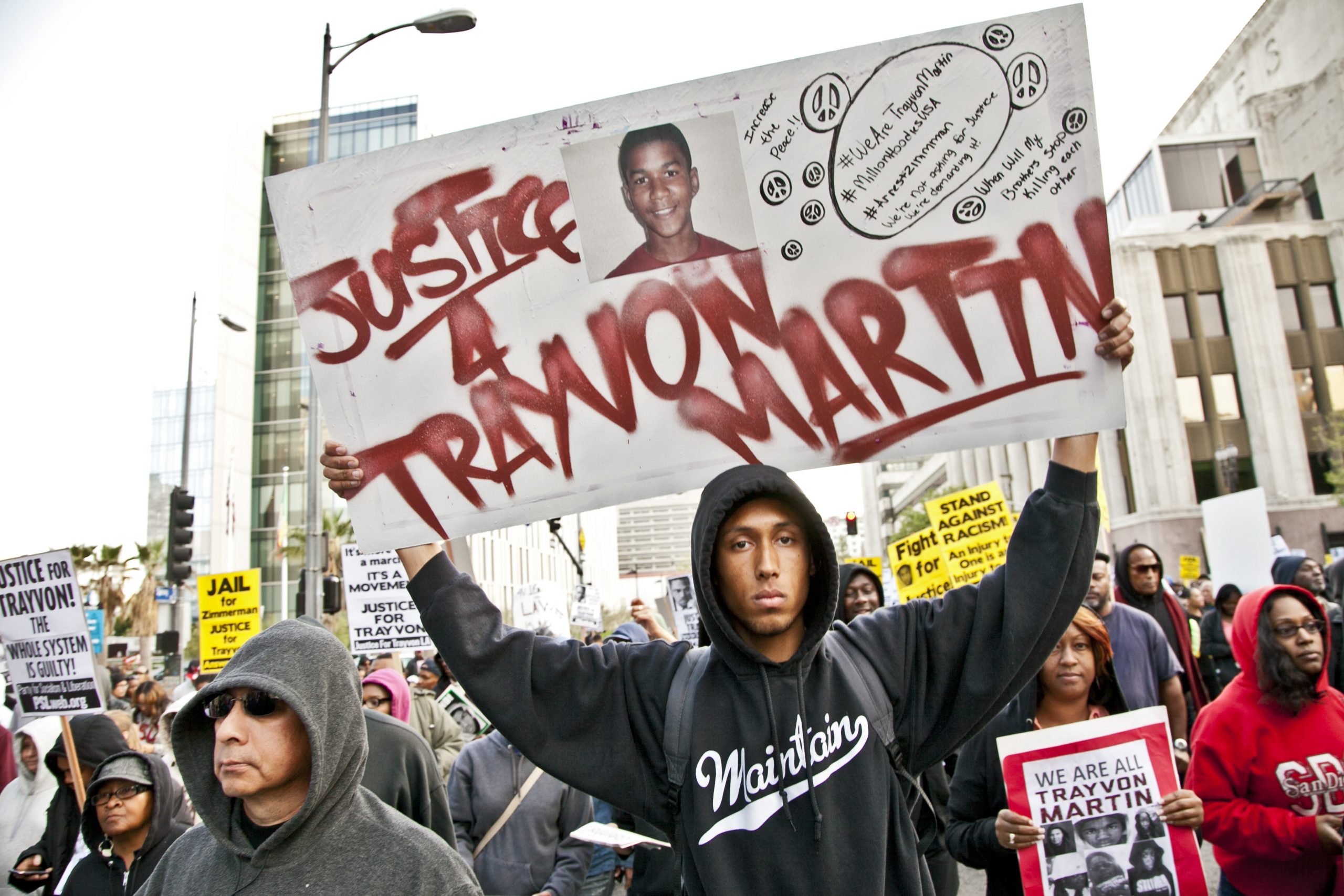Democratic Representative David Cicilline of Rhode Island unveiled a new proposal Wednesday that would bar those convicted of hate crimes from possessing or buying firearms. Cicilline hailed the legislation as an effort to close what he calls the “hate crime loophole.”
While federal law already bars felons from gun ownership, the Hate Crimes Prevention Act would extend a firearms ban to persons convicted of misdemeanor hate crimes. Proponents say the proposal, which starts the legislative process with 23 sponsors, would block firearms access for offenders with a propensity for violence and improve the safety of marginalized communities.
“This is a really simple concept. If you threaten a black family because of their race, you shouldn’t be allowed to buy a gun,” he said. “If you paint a swastika on the door of a synagogue, you shouldn’t be allowed to buy a gun. If you beat a gay person because they’re gay, you shouldn’t be allowed to buy a gun.”
The threat posed by crimes of bias committed by gun wielding assailants was driven home last summer by the mass shooting at Emmanuel AME, a historic black church in Charleston, South Carolina.
But well before that attack, experts who track hate groups had raised flags within the Department of Homeland Security about the simultaneous rise in the supply of guns and right-wing extremism following Barack Obama’s election to the White House.
Only Minnesota, Oregon, and New Jersey explicitly prohibit those convicted of hate crime misdemeanors from owning guns. The Cicilline bill would implement those state-level prohibitions at the federal level. (Maryland, Delaware, and Massachusetts have laws addressing hate crimes and gun ownership, but their policies only apply to certain types of misdemeanor hate crimes.)
Cicilline’s proposal mirrors the formal recommendation of a new report by the Center for American Progress (CAP) on the connection between hate crimes and firearms. Using data from the National Crime Victimization Survey — an annual, nationwide survey of 90,000 homes that collects data on crime frequency and characteristics — researchers concluded that roughly 43,000 of the 215,011 hate crimes committed between 2010 and 2014 involved a firearm.
The hate crime numbers in the crime victimization survey are based on self-reporting. A separate database maintained by the FBI contains confirmed incidents but is limited by the spotty participation of the local jurisdictions from which it gets its figures. In August, The Trace partnered with researchers at John Jay College of Criminal Justice to analyze hate crime data collected by the Bureau from 2011-2013. That report found that out of 8,132 hate crimes reported by local law enforcement, 207 had involved a firearm.
Hate crimes often involve violent offenses that cause physical harm. But even if no one is injured, offenses such as threats or vandalism against a protected community have a unique tendency to escalate to physical violence in the future. That’s why possession of a gun by someone convicted of a misdemeanor hate crime poses an acute public safety risk, say criminologists.
The CAP report quotes Northeastern University researchers Jack Levin and Jack McDevitt:
If the original criminal response fails to elicit the desired retreat on the part of the victim, then the offender frequently escalates the level of property damage or violence. A black family moving into an all-white neighborhood is first warned; if they don’t heed the warning, then their windows are broken; and if they still refuse to move out, their house may be firebombed, or worse.
Hate and Guns
The CAP report argues that a gun prohibition on a larger swathe of hate crime offenders will have a positive impact on both personal safety and the long term health of vulnerable communities, who suffer the damage alongside an individual targeted victim. As Mike Spies wrote for The Trace this summer, “This is the kind of gun violence that isn’t often talked about in America — the type where the goal is to intimidate and the damage is psychological but no less real.”
[Photo: Andrew Lichtenstein/Corbis / APImages]


